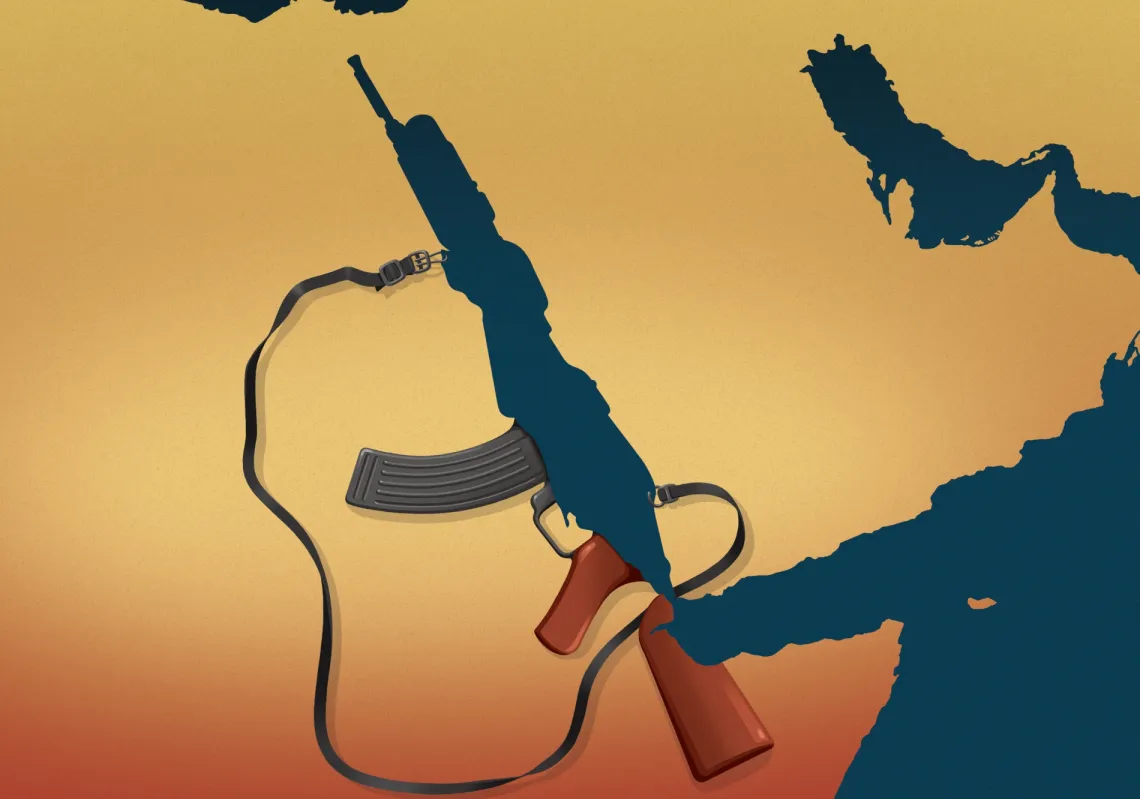While Gaza has been taking a deadly pounding for almost eight months, Israel’s economic and financial health has not, despite the war costing billions and the military’s budget doubling. Although Israel’s standing has been hit politically and diplomatically, its reserves are still high, and trade is still booming—especially in the profitable tech sector. The costly boycott and divestment that Israel’s actions might have triggered has not materialised.
On the other side of the Gaza fence, life is very different. Israel has killed tens of thousands, destroyed and damaged homes and infrastructure, and more than a million people are homeless and desperate. Unfazed, Israel is bedding in for a longer campaign, with national security adviser Tzachi Hanegbi estimating that the war would last until at least the end of the year.
Israel’s finance ministry recently said the budget deficit for the past 12 months had widened to 7.2% of gross domestic product (GDP), up from 6.9% a month earlier. For 2024, the total deficit is expected to be $33bn, peaking in September. Some now ask whether the Middle East’s most advanced economy can escape full exposure. Israel’s tech sector, for instance, relies on dealing with an international community increasingly opposed to what is happening in Gaza.
Read more: Is the war in Gaza turning Israel into a pariah state?
Economic endurance
According to Ryan Bohl, senior Middle East and North Africa analyst at business risk consultant RANE, Israel “continues to have ample reserves and a strong debt position that allows it to weather several more months of war.” Israel’s foreign currency reserves topped $200bn for the first time in 2021 and have remained high throughout the conflict, in part because the White House gave $14.5bn and because Israeli welfare payments are being cut to pay for the war.
In February, Economy Minister Nir Barkat said he expected Israel’s debt burden to grow to around 70% of gross domestic product (GDP). On the eve of the Hamas attacks on 7 October 2023, the debt-to-GDP ratio was 60%. For now, robust economic fundamentals are mitigating the risks posed by rising debt. Israel has posted a current account surplus for the past two decades, having learned to shield itself from external shocks.
Economist Amir Kahanovich says that since Israel’s establishment, it has “faced periods of delegitimisation, negative sentiment, boycotts by Arab countries, security embargoes, and, more recently, the effects of the BDS (Boycott, Divestment, and Sanctions) movement, that has greatly intensified since the Gaza war”. He added that these challenges toughened the Israeli economy, including “a reliance on self-production of security equipment and food, the establishment of reserves, and the accumulation of significant foreign exchange reserves”.

Factors for concern
Yet the longer the war lasts, the more costs will rise, and the more difficult it will be to contain its economic impact. The bill is already estimated to have reached $16bn, enough to widen Israel’s budget deficit to 7% of GDP as of April.
“The primary challenge for Israel’s economy lies in the rising defence spending and government aid programmes, which push the country towards expensive debt and higher taxes,” says Kahanovich.
During the last three months of 2023, Israel’s armed forces spent an additional $8bn, equivalent to 2% of GDP, on top of what is normally spent. In December, increased borrowing provided a cash injection, but the defence budget might make up 9% of GDP by the end of this year, the highest level in decades. Estimates from Israel’s central bank suggest that the cost of war could quadruple to $67bn if it dragged on throughout 2025.
Bohl thinks Israel might have to “cut expenditure for non-defence related items”, with a bill of that size requiring “macroeconomic reforms, like pushing the ultra-Orthodox population into the economy”. So far, Israeli Prime Minister Benjamin Netanyahu has not done so because the ultra-Orthodox parties are coalition partners. His emergency war budget even contains funding for new religious schools, where young ultra-Orthodox men choose to study the Torah while their secular peers serve.
Inflation was up in March and April, approaching the upper limit of Israel’s 3% target, while the value of the shekel value has fallen by about 5% since the war erupted. Rising war costs will make it difficult for Israel to maintain the fiscal discipline needed to rein in inflation, which will be fuelled by higher military spending.
Israel’s central bank has rolled back a monetary easing plan for this year, which should help control consumer prices, yet the outlook for rising inflation means a much-needed economic boost through cuts to interest rates now looks unlikely.












